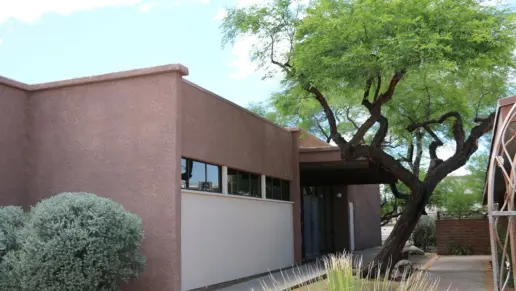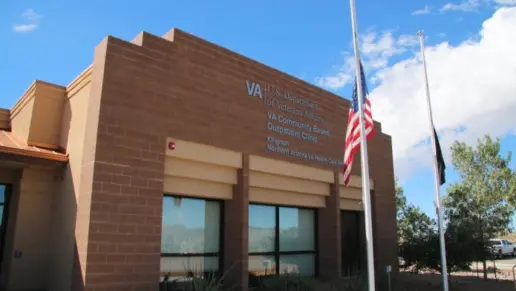Family member Did not receive adequate treatment instead was told to get a restraining order on me to stop petitions lol super pathetic. Obviously whoever is in charge is not wise. Plus folks do not I repeat DO NOT BRING YOUR FAMILY MEMEBRS HERE THEY DON'T HELP THEM. In fact ...
About Community Bridges
Community Bridges is a drug and alcohol rehab facility located in Mesa, Arizona. They provide inpatient treatment for people who have substance use disorder and alcohol use disorder. They treat people who suffer with mental health issues and addiction issues concurrently.
All incoming clients will receive a drug test and a psychiatric evaluation. If there are drugs in your system, you can detox at this facility. You will be assigned a case manager when you come in who will follow you every step of the way.
They have a medically trained staff that will monitor you constantly throughout your withdrawal. They have extensive training in each type of addictive drug. They will be able to provide you with medically assisted treatment if your discomfort from detox is too great.
Impatient services are gender specific here. People in recovery often feel safer and more comfortable in a single-sex environment. They work with many justice system organizations. Many of the clients are there because of drug related convictions.
You will receive both group and individual therapy. The individual sessions you have will be custom to your needs based on your intake information.
Drug rehab always relies heavily on peer support. You will have multiple group therapy sessions per day. Before you leave treatment, you will be referred to local 12-step meetings where you can find a sponsor.
Most psychotherapists who treat substance use disorder will use cognitive behavioral therapy (CBT) in private sessions with clients. This is a type of therapy that teaches you to think differently in order to stop destructive behaviors. They may also use motivational interviewing In which a therapist will ask you questions designed to help you find your own motivation to stop taking substances.
Latest Reviews
Rehab Score
Accepted Insurance
Other Forms of Payment
Medicaid is a state based program that helps lower-income individuals and families pay for healthcare. Medicaid covers addiction treatment so those enrolled can use their coverage to pay for rehab. When a program accepts Medicaid the client often pays very little or nothing out of their own pocket.
Private insurance refers to any kind of healthcare coverage that isn't from the state or federal government. This includes individual and family plans offered by an employer or purchased from the Insurance Marketplace. Every plan will have different requirements and out of pocket costs so be sure to get the full details before you start treatment.
Self-pay involves paying for treatment out of your own pocket. You can use savings or credit, get a personal loan, or receive help from family and friends to fund your treatment. If you don't have insurance or your insurance plan doesn't cover a specific program, self-pay can help ensure you still get the care you need.
Medicare is a federal program that provides health insurance for those 65 and older. It also serves people under 65 with chronic and disabling health challenges. To use Medicare for addiction treatment you need to find a program that accepts Medicare and is in network with your plan. Out of pocket costs and preauthorization requirements vary, so always check with your provider.
Military members, veterans, and eligible dependents have access to specific insurance programs that help them get the care they need. TRICARE and VA insurance can help you access low cost or no cost addiction and mental health treatment. Programs that accept military insurance often have targeted treatment focused on the unique challenges military members, veterans, and their families face.
Addiction Treatments
Levels of Care
Treatments
Many of those suffering from addiction also suffer from mental or emotional illnesses like schizophrenia, bipolar disorder, depression, or anxiety disorders. Rehab and other substance abuse facilities treating those with a dual diagnosis or co-occurring disorder administer psychiatric treatment to address the person's mental health issue in addition to drug and alcohol rehabilitation.
Mental health rehabs focus on helping individuals recover from mental illnesses like bipolar disorder, clinical depression, anxiety disorders, schizophrenia, and more. Mental health professionals at these facilities are trained to understand and treat mental health issues, both in individual and group settings.
Programs


Clinical Services
Cognitive Behavioral Therapy (CBT) is a therapy modality that focuses on the relationship between one's thoughts, feelings, and behaviors. It is used to establish and allow for healthy responses to thoughts and feelings (instead of unhealthy responses, like using drugs or alcohol). CBT has been proven effective for recovering addicts of all kinds, and is used to strengthen a patient's own self-awareness and ability to self-regulate. CBT allows individuals to monitor their own emotional state, become more adept at communicating with others, and manage stress without needing to engage in substance abuse.
Dialectical behavior therapy in Arizona focuses on acceptance of your reality and behaviors while also attempting to make changes in unhealthy behaviors. It has been shown to be effective for the treatment of anxiety, depression, PTSD, and substance use disorder.
Group therapy is any therapeutic work that happens in a group (not one-on-one). There are a number of different group therapy modalities, including support groups, experiential therapy, psycho-education, and more. Group therapy involves treatment as well as processing interaction between group members.
In individual therapy, a patient meets one-on-one with a trained psychologist or counselor. Therapy is a pivotal part of effective substance abuse treatment, as it often covers root causes of addiction, including challenges faced by the patient in their social, family, and work/school life.
Research clearly demonstrates that recovery is far more successful and sustainable when loved ones like family members participate in rehab and substance abuse treatment. Genetic factors may be at play when it comes to drug and alcohol addiction, as well as mental health issues. Family dynamics often play a critical role in addiction triggers, and if properly educated, family members can be a strong source of support when it comes to rehabilitation.
Amenities
-
Residential Setting
-
Private Rooms
Staff & Accreditations
Staff
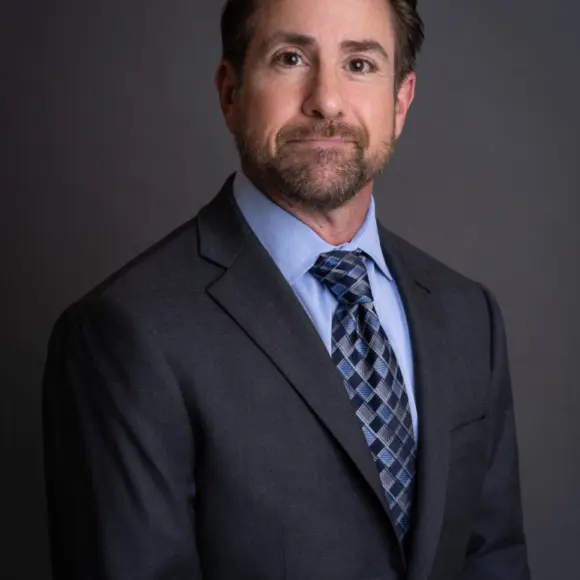
President/CEO
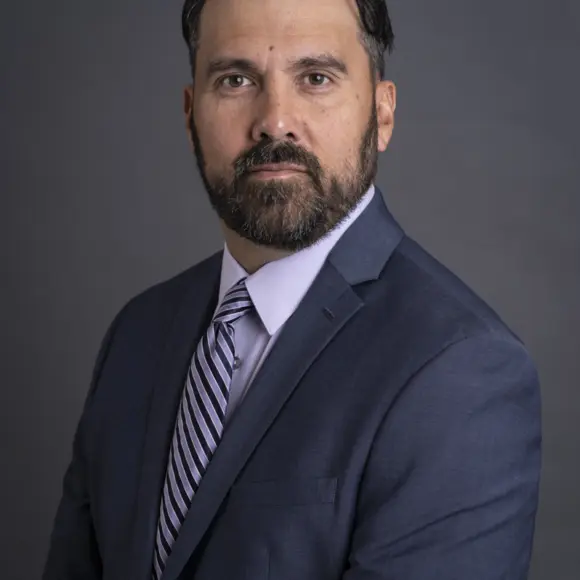
COO
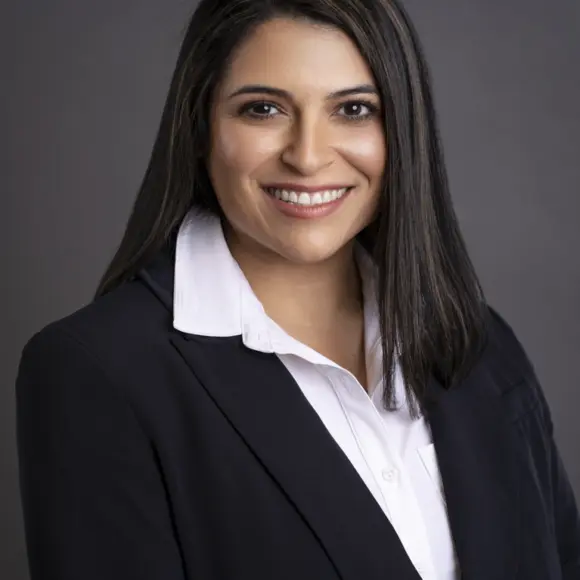
CMO
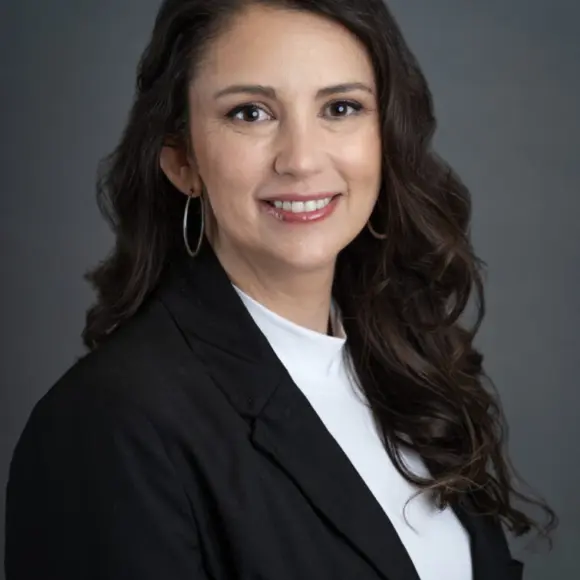
Chief Nursing Officer
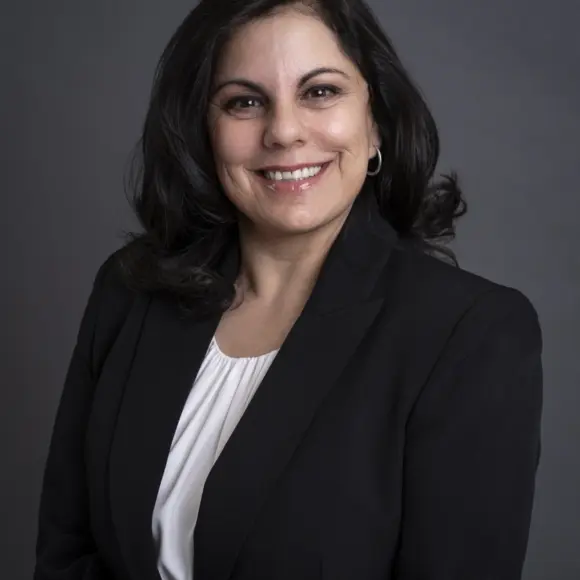
Chief CLinical and Development Officer
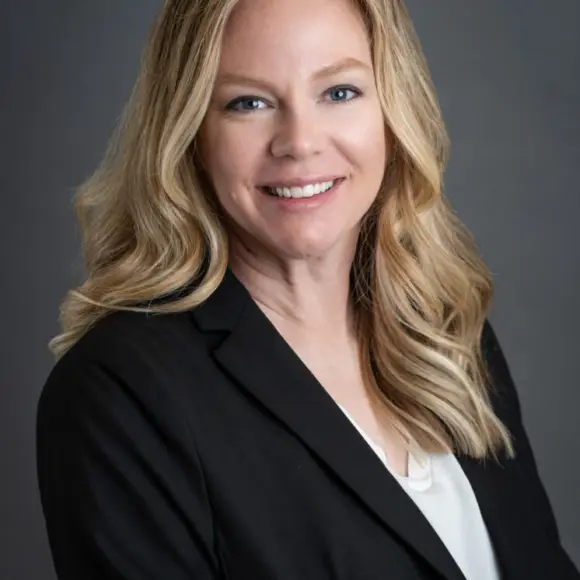
VP of Crisis Services
Accreditations

The Commission on Accreditation of Rehabilitation Facilities (CARF) is a non-profit organization that specifically accredits rehab organizations. Founded in 1966, CARF's, mission is to help service providers like rehab facilities maintain high standards of care.
CARF Accreditation: Yes
Contact Information
358 East Javelina Avenue
Suite 101
Mesa, AZ 85210






